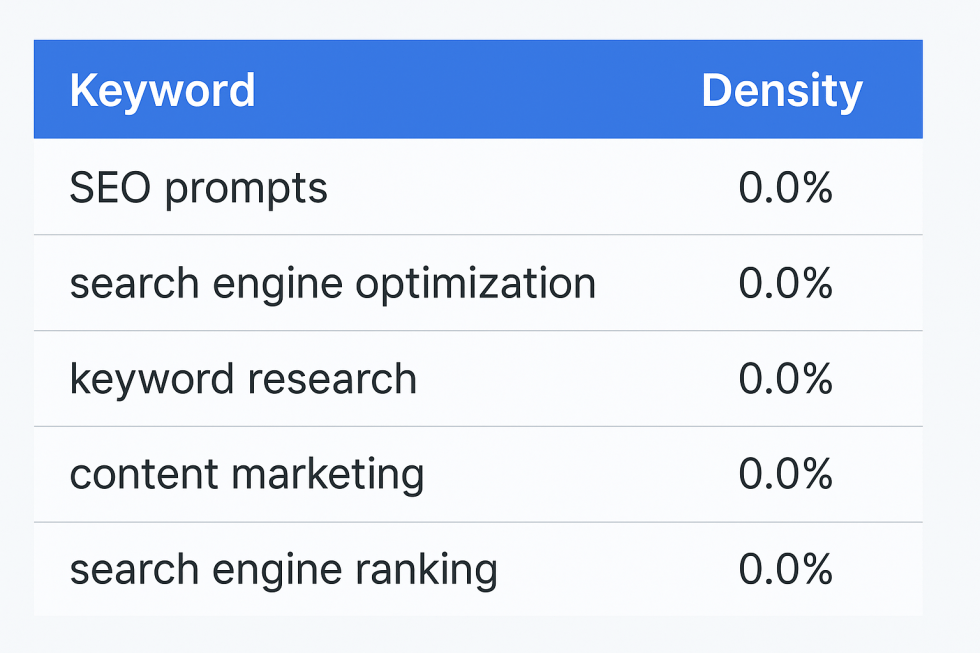
Hey Shopify store owner! Let's talk about something that can make or break you in ecommerce. Speed. In today's whirring digital world, every millisecond counts. Your customers? They're impatient. They want instant gratification. If your store is slow, they're gone. Poof. But don't despair. You can win by doing Shopify speed optimization and Shopify web design well.
Think of your store as a race car. You wouldn't weigh it down with extraneous crap, would you? Every design decision, every line of code, affects how fast you zoom to the finish line—aka conversions. A slow site doesn't just annoy people. It costs you sales, kills your SEO, and makes you look untrustworthy. Let's talk about why speed matters and how to make your Shopify store super fast.
Why Speed Is Your Secret Weapon
Imagine this. Someone comes to your site eager to buy. But the page takes forever to load. What do they do? They bounce. Every second kills you. It's not just impatience; it's money. Slow pages mean abandoned carts, soaring bounce rates, and plummeting conversion rates.
And it's not just sales you're losing. Google is watching. Their Core Web Vitals, which measure user experience, include Largest Contentful Paint (LCP), First Input Delay (FID), and Cumulative Layout Shift (CLS). Slow site? Google penalizes you. You fall in the rankings. You become invisible. Speed is not optional for Shopify speed optimization; it's essential to being discoverable.
Then there's trust. A fast site screams professionalism. It says "your time is important to us." It builds trust. A slow site whispers doubt. Is this store legit? Can I trust them with my card number? You have to get rid of that question mark.
Oh, and one more thing: mobile. Everyone's shopping on their phones. If your store is not blazingly fast on small screens, you're toast. Mobile first is not a bonus, it's a requirement. Let's make sure your Shopify website design looks great everywhere.

The Hidden Costs of a Slow Store
Let's talk turkey. A slow Shopify store isn't just annoying. It's hitting you in the wallet. Hard.
-
Lost Sales: Every extra second means fewer sales. Customers don't wait around. They leave.
-
Trust eroded: a slow site makes you look sloppy. Customers won't come back. They'll go to your faster competitors.
-
SEO Damage: Google cares about speed. If you have poor Core Web Vitals scores you'll rank lower. You'll get fewer clicks.
You've worked hard to attract customers. Don't let a slow store steal them. Speed is not a luxury. It's your bottom line.
Design for Velocity: Build a Lean, Mean Shopify Machine
Speed starts with design. Your Shopify website design isn't merely about looking good. It's about speed. Think of it as the engine of your store. Here's how to strip out the bloat and rev it up.
Start with a lightweight theme
Your theme sets the tone. Most Shopify themes promise flashy features and animations. But under the hood they're often bloated piles of junk. They make you slow. Get a lightweight theme. It's like picking a race car instead of an SUV. Lean. Fast. Focused. Build for speed.
Images are the Silent Speed Killer
Images are often the fattest part of your site. They're essential for showing off products, but unoptimized they'll kill you. Here's how to fix that.
-
Compress and resize: Use TinyPNG or Kraken.io [1][2][3][4]. Make files smaller without making them look worse.
-
Modern Formats: switch to SEO-link-building-strategy/">WebP and you'll get smaller files with the same visual punch [1][2][3][4].
-
Lazy Loading: Only load images that are visible on the screen. Let the rest wait till they're scrolled into view [1][2][3][4].
Every pixel counts. Don't let gorgeous pictures become anchors.
Fonts and Media: Little Decisions, Big Consequences
Fonts add personality, but custom fonts are so heavy. Use system fonts for instant loading, or optimize custom fonts with subsetting and preloading. Videos? Don't upload them to Shopify. Embed from YouTube or Vimeo. You'll stream them much more efficiently. Don't use fat media. You want engagement, not lag.
Cut the Visual Fluff
Flashy animations and decorative images may look cool. But do they do anything? In most cases they're mere bloat. Be ruthless. If it doesn't do something—direct navigation, or explain the product—throw it out. Simplicity is speed. Concentrate on what you care about.
Technical Tune-Ups: Get Under the Hood
Design is step one. Now let's get technical. These tweaks turbocharge your Shopify speed optimization efforts.
Minimize HTTP requests
Every file—images, scripts, stylesheets—takes a browser request. Too many requests? Your site crawls. Combine CSS and Javascript files to minimize trips [13][14]. And beware of app bloat. Audit your Shopify apps. Get rid of the ones you don't need. Social proof widgets, popups, extra analytics—be ruthless [15][16][17][18]. Fewer requests, faster loads.
Optimize Script Loading
Scripts drive your store, but also block loading. Inline critical CSS for instant above-the-fold [13][14]. Defer JavaScript that isn't critical till after the main content loads [13][14]. Minify code to remove gratuitous characters. Smaller files, faster downloads. It's like cutting fat for a leaner, meaner site.
Leverage Browser Caching and CDN
Back again? You don't have to wait. Browser caching stores files locally, so their next visit is instantaneous. Shopify takes care of most of this for you. And their built-in CDN delivers your content worldwide. A customer in Paris loads from a server in Paris, not halfway around the world. Global speed, no effort.

Beyond DIY: When to Call in the Pros
You've conquered images, apps, and themes. Great. But sometimes DIY runs out of steam. Custom themes with hundreds of lines of code? Stubborn speed problems you can't solve? A store with thousands of products? That's where you need experts.
Which is where you want a partner like <a href="https://bkthemes.design. They're Shopify experts who go deep on speed optimization, custom development, and SEO. 5 star ratings and a zeal for making clients happy. They take hard problems and turn them into something that works smoothly. So when your store needs more than a tuneup, they've got you covered.
Hold onto the speed: maintenance
Optimization is not a one-shot thing. It's a path. Your store changes—new products, new features, new apps. Keep on top of it.
-
Monitor regularly: Use Google PageSpeed Insights or GTmetrix. Catch bottlenecks before they bite you.
-
Audit Apps: Once a month, go through the apps you have installed. Get rid of the dead weight.
-
Optimize New Content: Every new image you upload, compress it. Use WebP. Lazy load. Make it a habit.
-
Keep up to date: Keep your theme, apps, and Shopify platform up to date. Updates often improve performance and security.
Your store is not a static thing. Treat it like a living system. Regular maintenance keeps it fast.
Your High-Performing Shopify Store
But speed is not just a nice-to-have. It's everything. Slow load times kill sales. They drive customers crazy. They kill SEO. And yet you have the power to change that. From lightweight themes to image optimization, from technical tweaks to on-going maintenance, every step you take makes your store faster.
Why should you care? Because a fast Shopify store means more sales, higher conversions, better rankings, happy customers who keep coming back. Trust grows. Your brand shines.
Don't let a slow site drag you down. Start implementing these techniques today. And if you need a complete overhaul, or the most sophisticated Shopify speed optimization, hire experts like <a href="https://bkthemes.design . They'll take your store to the next level.
So here's the bottom line. In the digital world, a fast, well-designed store isn't a luxury. It's a requirement. So what are you waiting for? Start your Shopify engine and blow the competition away.
FAQs About Shopify Store Speed Optimization
📧 Stay Updated
Get the latest web development tips and insights delivered to your inbox.




